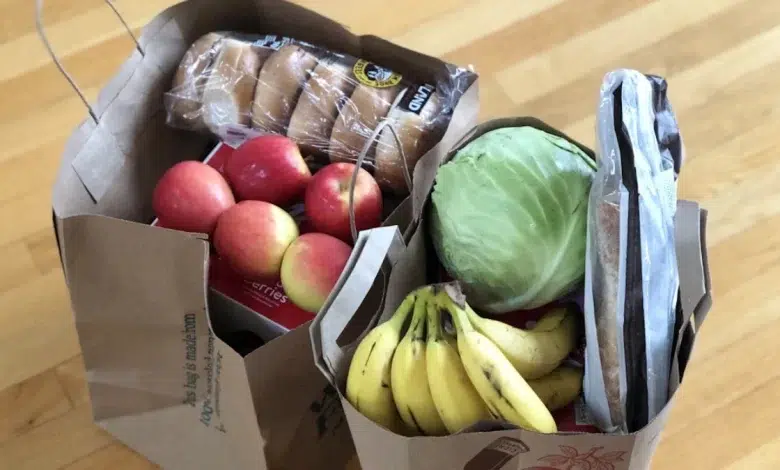Monthly Grocery Budget Hacks for Families Living in Gauteng

Grocery prices in Gauteng, particularly Johannesburg, remain the highest in South Africa in 2025. With the cost of a basic household food basket reaching over R5,600 in May, many families face significant pressure to stretch their budgets. However, by adopting smart shopping strategies, families can manage expenses better and make their monthly grocery budget go further.

ALSO READ: Smart Budgeting: How to Save Money on Groceries Without Compromising Quality
Understanding the Grocery Cost Challenge in Gauteng
Johannesburg leads the country in grocery prices, with a typical household spending around R5,600 monthly on essential food items. This is about R140 more than the national average and reflects ongoing inflation, rising fuel costs, and supply chain disruptions. With food inflation still a concern, families need practical tips to reduce their grocery bills without compromising nutrition.
1. Create and Stick to a Grocery Budget
Start by calculating how much you typically spend on groceries monthly. Experts recommend setting a firm budget and tracking expenses carefully. Using a separate grocery card or cash envelope can help control spending and prevent impulse buys.
2. Plan Your Meals Weekly
Planning meals ahead avoids last-minute purchases and reduces food waste. Preparing a weekly menu based on affordable, seasonal ingredients helps focus spending on essentials and limits luxury or convenience foods.
3. Shop Once a Month and Buy in Bulk
Shopping monthly rather than weekly can save time and money. Buying non-perishable staples like rice, beans, and flour in bulk often offers better value. Bulk purchases reduce the number of trips to the store, saving on transport costs, which are higher in Gauteng due to fuel prices.
4. Prioritise Essentials and Avoid Luxury Items
Focus your shopping list on nutritious essentials such as vegetables, grains, legumes, and affordable proteins. Avoid luxury or branded items that add little nutritional value but increase costs. Many store brands offer quality alternatives at lower prices.
5. Compare Prices Across Retailers
Prices can vary significantly between supermarkets like Woolworths, Checkers, and Pick n Pay. Regularly comparing prices for staple items helps identify the best deals. Some retailers also offer loyalty programs or discounts that can reduce costs further.
6. Support Local Markets and Seasonal Produce
Buying fresh produce from local markets often costs less than supermarkets. Seasonal fruits and vegetables are cheaper and fresher, providing better nutrition for less money.
7. Use Coupons, Discounts, and Loyalty Programs
Many retailers offer coupons, special promotions, and loyalty rewards. Signing up for these programs can yield savings on frequently purchased items.
8. Avoid Food Waste
Proper storage and using leftovers creatively reduce waste. Planning meals with ingredients that can be used across several dishes maximises value and reduces the need for extra purchases.
9. Limit Convenience Foods and Ready Meals
Pre-packaged and ready-to-eat meals often carry a premium price. Cooking from scratch using basic ingredients is more economical and healthier.
10. Monitor Inflation and Adjust Your Budget
Stay informed about food price trends and inflation rates in Gauteng. Adjust your grocery budget and shopping habits accordingly to maintain control over expenses.
CHECK OUT: How to Eat Healthy on a Budget
Smart Budgeting
While grocery prices in Gauteng remain a challenge for many families, adopting these practical budget hacks can help manage costs effectively. Meal planning, bulk buying, prioritising essentials, and smart shopping habits are key to stretching your monthly grocery budget without sacrificing nutrition.



